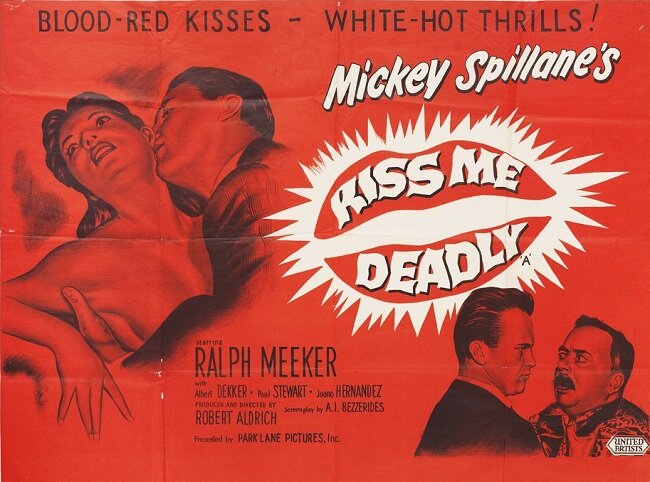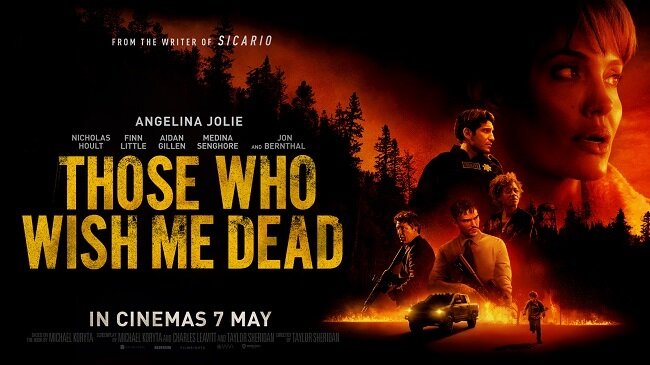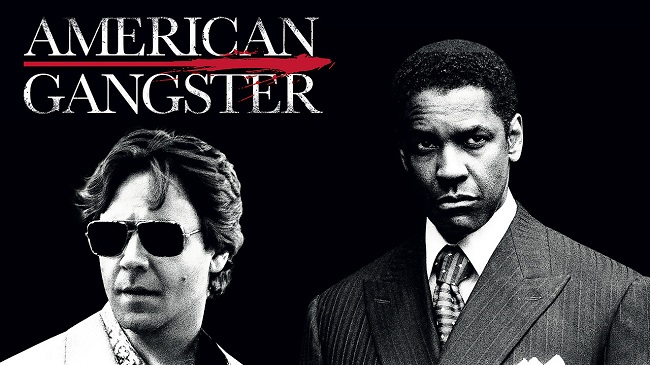Telefon (1977)
When one considers all the various elements involved in the production of Telefon, it makes it all the more disappointing that the movie fails to reach its potential. The basic idea about sleeper agents in the US is sound but the story doesn’t really go anywhere and not a great deal happens. The strong cast featuring Charles Bronson, Lee Remick and Donald Pleasance have to do their best with an undeveloped screenplay. Considering that it was written by Peter Hyams and Stirling Silliphant (from a novel by Walter Wager) it is quite surprising how lacklustre it all is. But perhaps the most saddening aspect of the film is the somewhat indifferent direction from Don Siegel, who by his own admission was not especially engaged with the story. Considering that he had scored a major hit the previous year with John Wayne’s swansong The Shootist, makes it more curious that he wasn’t more enthused. Even Lalo Schifrin’s score fails to bolster Telefon.
As the Cold War gives way to détente, the Soviet government purges old Stalin loyalists that do not favour peace. Nikolai Dalchimsky (Donald Pleasence), a rogue KGB member, flees to America, taking with him a document which contains details of obsolete sleeper agents. As he begins activating them, American counterintelligence is baffled by random acts of terrorism, committed by ordinary citizens against what were formerly top secret facilities. To prevent a war that neither side wants, KGB Major Grigori Borzov (Charles Bronson) is sent to neutralise Dalchimsky. Borzov has a photographic memory and hence retains all the information from the copy of the “telefon book” that Dalchimsky has taken. On arrival in the US, Borzov is assisted by longterm agent Barbara (Lee Remick). Together they seek a pattern to which agents that Dalchimsky is activating. Will they be able to stop him in time, while avoiding the US authorities.
The rights for the novel Telefon were acquired by MGM in late 1974 and the studio were confident that it would make a marketable thriller. Peter Hyams wrote the first draft of the screenplay and was hoping to direct the film himself. However, as his previous project for MGM, Peepers, had failed at the box office, he quickly realised that an alternative director would be assigned the job. So he wrote a second draft of the script for Richard Lester. However, Lester left the project and Don Siegel replaced him. The veteran director was mainly interested in working with Charles Bronson again and was not enamoured with Hyams work. So Stirling Silliphant wrote a third revision of the screenplay. The production then began filming in Finland which doubled for Russia, before returning to the US. The explosive set pieces and stunts were handled by Paul Baxley. Sadly, beyond the initial excitement of working with Bronson, Siegel found that the story didn’t “make much sense” and did not apply himself as diligently to his work as he had in previous years.
Telefon is clearly lacking in substance and does have a somewhat perfunctory quality to it. Yet there are some good ideas present and it offers at first glance a variation on themes seen previously in The Manchurian Candidate. Lee Remick is quirky, with a dry sense of humour. Bronson easily fills the role as a KGB Major. But there’s a lack of urgency to the screenplay and it feels too much like a TV movie from this era, albeit one with a bigger budget. Perhaps the film’s biggest mistake is it’s need to have a “happy ending”, as opposed to a more credible one. And as you’d expect from a production with such a history of change and artistic indifference, the press were equally ambivalent. Some critics accused the film of being anti peace. Others felt that Telefon was too pro Russian. Similarly, the film failed to find a consensus among cinema goers. Perhaps if Peter Hyams had directed his own first draft of the script, we may well have had a superior film. However, after departing Telefon, Hyams went onto write and direct Capricorn One, so one can argue that every cloud has a silver lining.














